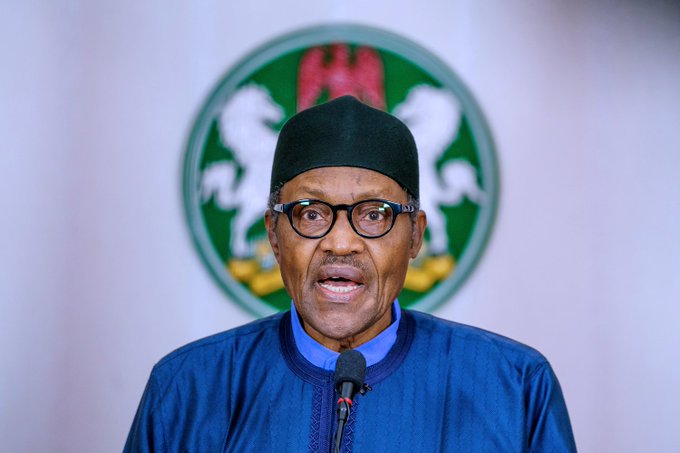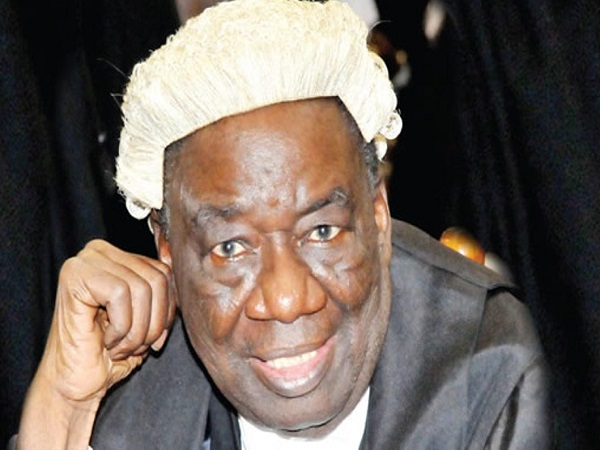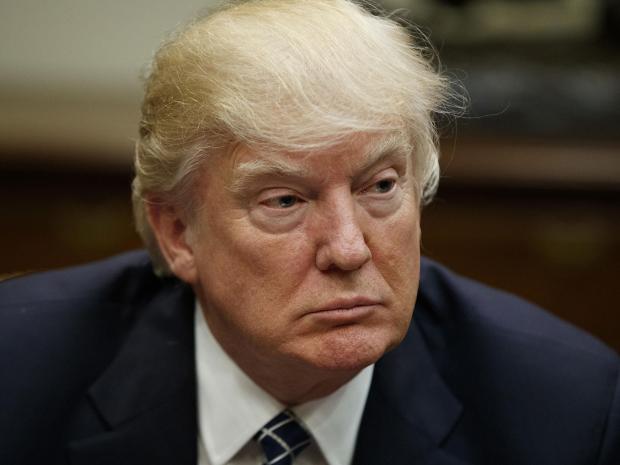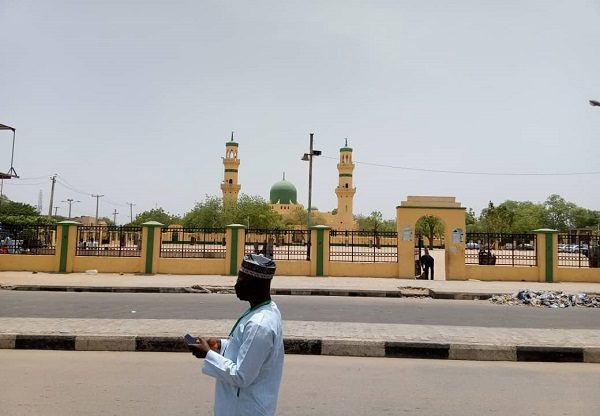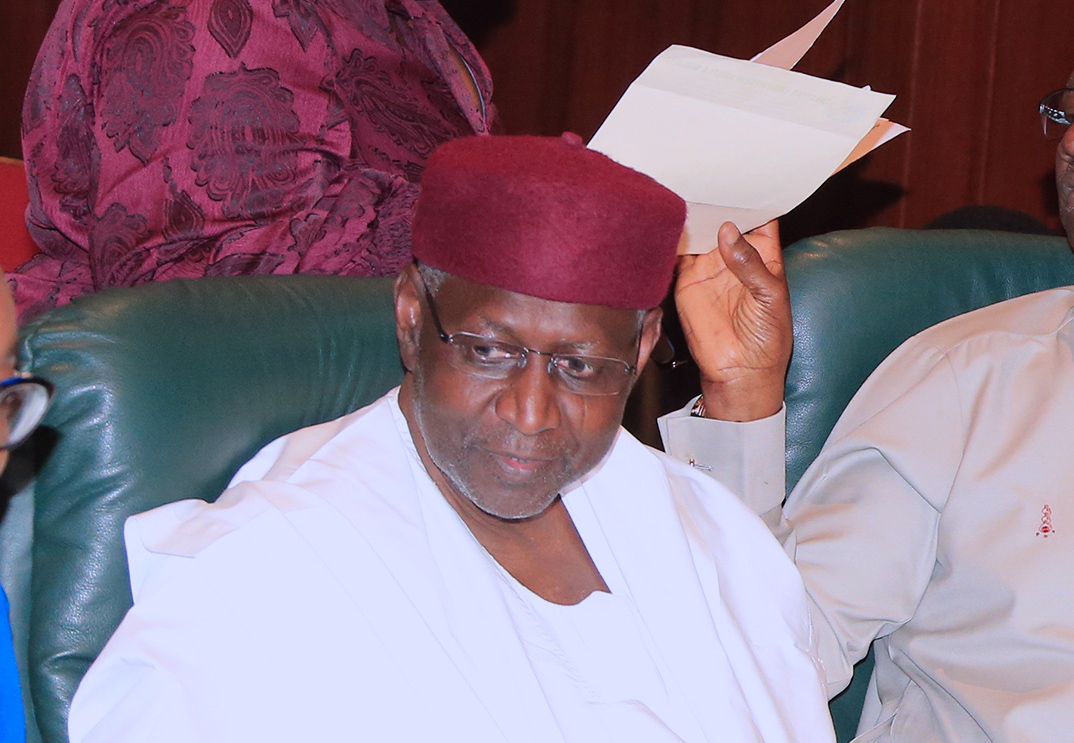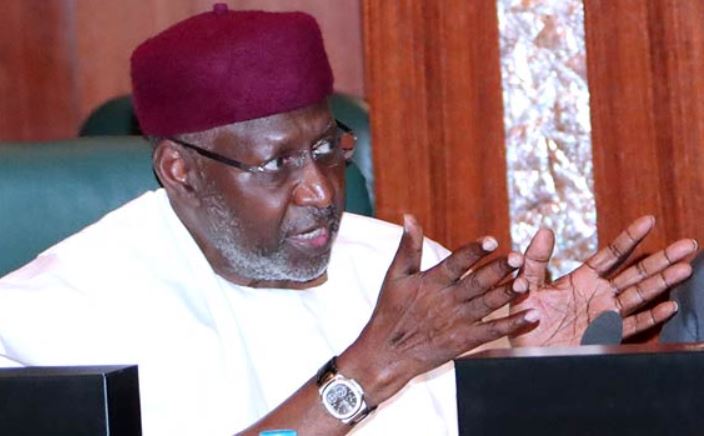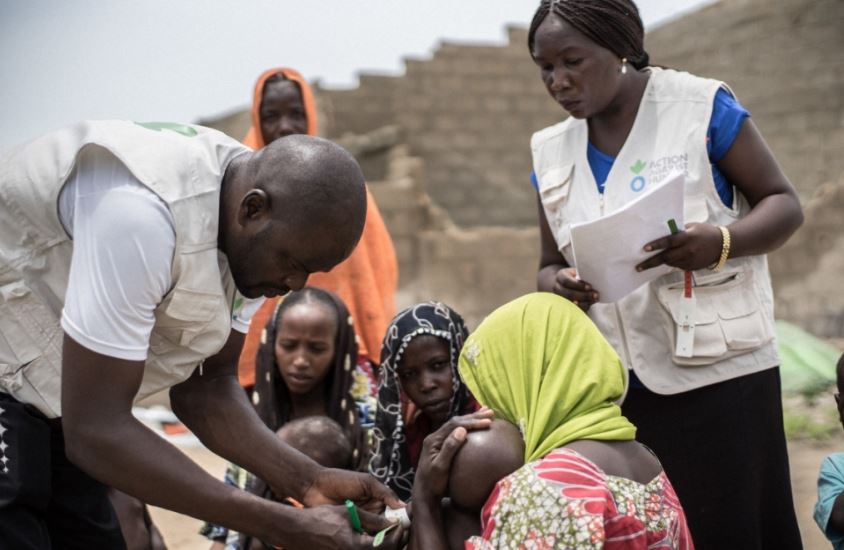In April 2015, shortly after Muhammadu Buhari won the presidential election, making history as the first opposition candidate to unseat a president in Nigeria’s democratic history, the stock market had a steroid overdose. Before Buhari was announced winner, the market was on a losing streak with multiple predictions that Nigeria was about to implode from the most competitive election in its history. Immediately Goodluck Jonathan made that concession call and Buhari was announced winner, like clockwork, the markets began to gain and maintained this momentum for weeks.
Citizens, economic analysts, past ministers, international observers, friends and foes of Nigeria waited on Buhari to name a cabinet and unveil his economic direction. But you know how the story goes — the president took six months to make up his mind. By this time, the gains made were lost.
As we had seen on the horizon, oil prices began to nosedive. Economic gurus called on the president to sell Nigeria’s moribund refineries at a very reasonable price, remove fuel subsidies, shore up reserves, devalue the naira slightly, take economic advantage of the crisis, and blame the shortfall on the “wasteful” Goodluck Jonathan administration. President Buhari refused.
Oil prices dropped to $27 in January 2016; the refineries and some other oil assets worth over $36 billion were priced for $10 billion to $15 billion. At this time, it did not make as much sense to sell them. Subsidies increased drastically, the naira had to be eventually devalued heavily, reserves suffered, all that could have been gained in the crisis was lost, and Nigeria sank into a recession. The oil crisis was wasted.
Advertisement
A RECESSION LIKE NO OTHER
Winston Churchill, wartime prime minister of the United Kingdom and arguably the most consequential man of the 20th century, once said “never let a good crisis go to waste”. During the 2008/2009 global economic crisis, Rahm Emmanuel, chief of staff to President Barack Obama, built on Churchill’s thoughts when he said: “You never want a serious crisis to go to waste. And what I mean by that is an opportunity to do things that you think you could not do before.”
For a once-in-a-lifetime kind of crisis, we should not be thinking of the usual. Like the rest of the progressive world, we should be thinking of once-in-a-lifetime kind of solutions. In 2009, Obama worked with the Federal Reserve and Congress to save the American economy, and consequently the global economy. He sought what became the American Recovery and Reinvestment Act of 2009, which made the world get out of a recession earlier than expected. This is how we should be thinking at this time.
In case we do not appreciate the problem, let me spell it out: A recession is coming, the kind that more than half of the Nigerian population — who were not born in 1987 — have never seen before. Based on 2018 data, over 20 million Nigerians are unemployed, that number may climb to 30 million or more as a result of the coming recession. We’ll need a new economic solution to unemployment.
Advertisement
The coronavirus crisis has greatly affected the demand for crude oil across the world. What it has shown us also, is that the world can do without oil. With US oil trading at $-37, Bonny light may come to a place where Nigeria will make as low as net $0 — yes, zero dollars — from a barrel of oil.
This once in our lifetime, we need to radically implement zero oil before we are actually forced into zero oil benefits. The way the US focused on the auto industry in 2009, we need to choose industries where we invest in for nearly 30 million jobs to be created in record time. I do not have all the answers, but this is a question worth answering: How would a zero-oil Nigeria survive?
GIVEAWAYS AS A FINANCIAL INCLUSION MODEL
For years the Central Bank of Nigeria, the Bill and Melinda Gates Foundation, and the Bankers Committee have campaigned and funded projects to drive financial inclusion at the grassroots in Nigeria. And now a crisis has shown up like none we’ve ever seen. Analysts have suggested that the Nigerian government helps citizens with palliatives by sending stipends to “the 40 million with Bank Verification Number (BVN)” but some others are of the opinion that the poorest and the most vulnerable do not even have bank accounts.
This is a problem, but also an opportunity to get the poorest and the most vulnerable into the banking system — the dream of every financial inclusion advocate. This is a time when the CBN, the commercial banks, microfinance banks, and the federal government should be working together on getting the poorest and most vulnerable into financial system. The Muhammad Yunus model in Bangladesh has shown that banking the poor and vulnerable is possible, and its a tool for eradicating poverty.
Advertisement
If you can get cash to 3.6 million households or over 10 million individuals as instructed by the president, then the country can also get “micro-banking” and financial inclusion to the poorest. These funds should not just be the “sinzu-styled” giveaways, but also serve as an avenue to keep even the poorest in a system that can be used to lift them out of poverty in post-COVID times.
These monies are also an opportunity for the Buhari-led admin to be transparent with Nigerians but that is currently being wasted.
Shall we waste the COVID-19 crisis?
If you waste an oil crisis, do not worry, another one will come around soon. If you make an economic mistake with the naira, in just three to four years, that situation will come again for you to make it right. If you refuse to sell oil assets in 2015/2016, worry not, there will be a 2020 or 2021 to sell them.
In fact, if you fail at removing subsidy during every oil crisis, just hold your breath and wait for another commodity crash. But if you waste a once-in-a-century kind of pandemic, like the novel coronavirus, you may never get a chance to fix it.
Advertisement
Mr. President, shall we waste this oily coronavirus crisis?
Follow Mayowa on Twitter @OluwamayowaTJ
Advertisement

